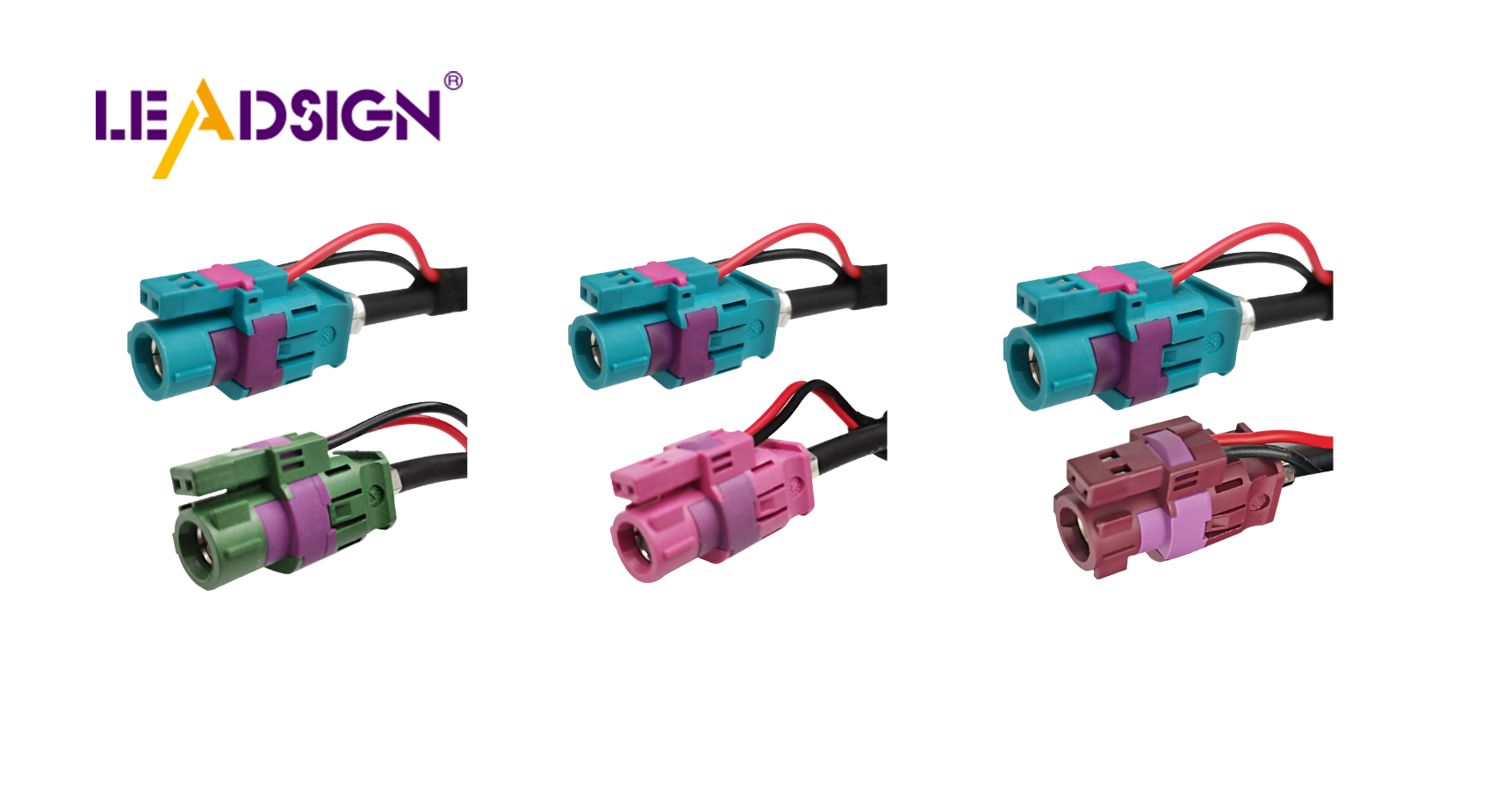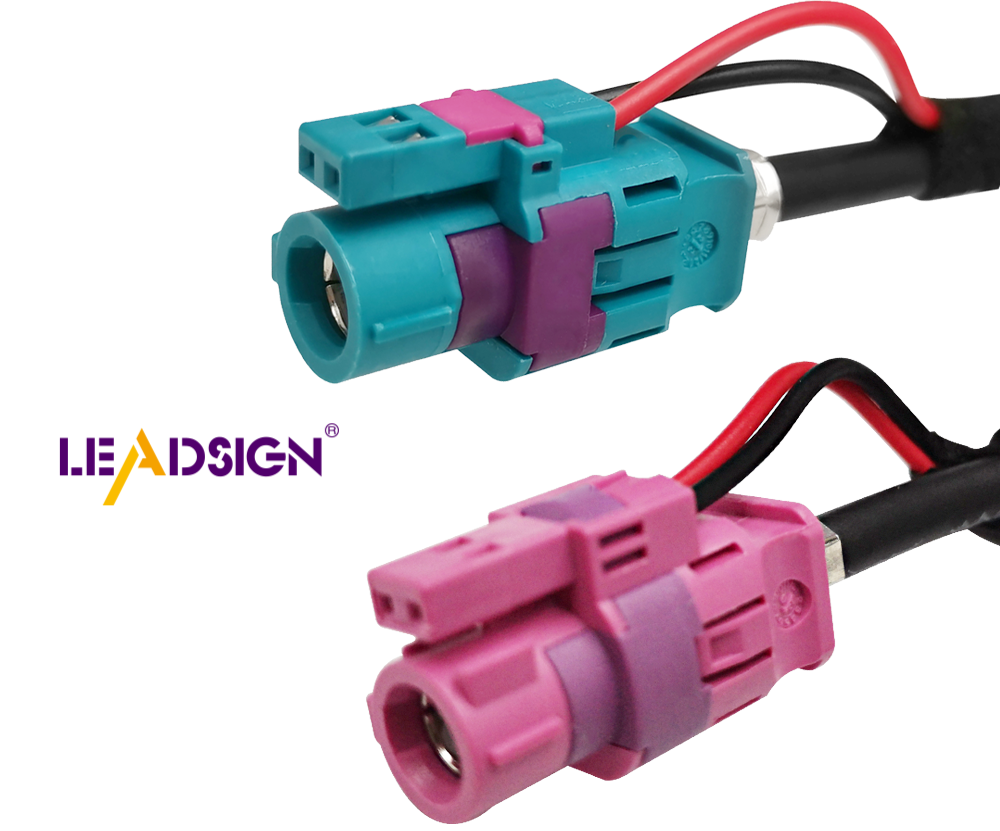Copper vs Aluminum Car Wiring Wire: Pros and Cons Explained

Copper and aluminum are popular materials for car wiring wire. Copper is strong and conducts electricity well, lasting a long time. Aluminum is lighter and cheaper, making it a good option for saving money. Copper is harder to break, while aluminum bends easily. However, aluminum requires careful setup to prevent loose connections. Understanding these differences helps you choose the best material for your car wiring wire needs.
Key Takeaways
Copper wiring is highly efficient for electricity flow, making it ideal for reliable car systems.
Aluminum wiring is a cost-effective option, perfect for budget-conscious projects or lightweight vehicles.
Choose copper for long-lasting durability and safety in high-power applications, especially in harsh environments.
Aluminum requires careful installation to prevent issues like loose connections and rust, making it suitable for short-term or low-power setups.
Consider the weight and cost implications when selecting wiring; copper is heavier but more durable, while aluminum is lighter and cheaper.
Regular maintenance and checks are essential for aluminum wiring to ensure safety and performance.
Mixing copper and aluminum wiring is not recommended due to differing expansion rates, which can lead to connection issues.
Overview of Copper Wiring

Copper wiring is a dependable option for car electrical systems. Its special features make it a top choice for many uses. It works well and lasts long, even in tough conditions. Let’s look at the good and bad sides of copper wiring to understand its importance.
Advantages of Copper Wiring
Great at carrying electricity for better power use.
Copper is excellent at moving electricity, making it very efficient. It reduces energy loss, helping your car's systems work smoothly. From headlights to radios, copper wiring ensures steady performance.
Strong and resists rust for longer use.
Copper doesn’t rust easily, even in rough environments. This keeps the wiring working well for a long time. You won’t need to replace it often, making it great for long-term projects.
Easy to bend, making installation simpler.
Copper is very bendable, so it’s easy to shape and fit. This helps when wiring needs to go into tight or tricky spots. It adjusts well without breaking or losing strength.
Handles heat well, lowering the chance of overheating.
Copper can take high heat without problems, making it safer. It doesn’t expand much when hot, keeping connections secure. This makes it a good choice for systems with lots of power.
Disadvantages of Copper Wiring
Costs more than aluminum wiring.
Copper is pricier than aluminum, which can raise project costs. If you’re on a budget, this might be a big concern.
Heavier, which can affect lightweight vehicles.
Copper weighs more than aluminum, adding extra weight. In cars like race vehicles, this could hurt performance. You’ll need to decide if the benefits outweigh the added weight.
Can be stolen because it’s worth a lot.
Copper is valuable, so it’s often stolen. This is a problem where wiring is easy to reach. Using security measures can help protect it.
Overview of Aluminum Wiring
Aluminum wiring is often used in cars today. It is light and cheap, making it a good choice. But, knowing its pros and cons is important before deciding.
Advantages of Aluminum Wiring
Lightweight, helps reduce car weight.
Aluminum is much lighter than copper. This makes it great for cars needing less weight, like race or electric cars. Using aluminum can improve fuel use and car performance.
Cheaper than copper, saves money.
Aluminum costs less than copper. This helps save money on big projects or when replacing lots of wires. It’s a smart pick for tight budgets.
Works well for most car wiring needs.
Aluminum doesn’t carry electricity as well as copper. But it still works fine for most car systems. New aluminum types make it even better for electrical tasks.
Disadvantages of Aluminum Wiring
Needs thicker wires to carry electricity.
Aluminum doesn’t conduct electricity as well as copper. So, thicker wires are needed to do the same job. This can make setup harder and take up more space.
Can rust and wear out over time.
Aluminum can rust when it touches air. This can make it less reliable over time. A protective layer helps, but it still needs care and good insulation.
Breaks easier, harder to install.
Aluminum is not as bendable as copper. It can crack or break during setup. This makes it tricky to use in tight spaces.
Expands with heat, loosens connections.
Aluminum grows and shrinks with temperature changes. This can loosen wire connections, causing safety problems. Regular checks and tight fittings can help keep it safe.
Direct Comparison: Copper vs Aluminum Car Wiring Wire

Cost
Copper wiring costs more than aluminum wiring. This is because copper is stronger and conducts electricity better. Though expensive at first, copper wiring lasts longer. It also needs less fixing, saving money over time. Aluminum wiring is cheaper and good for tight budgets. It costs less per foot, making it great for big projects. If you need to save money, aluminum is a smart choice.
Conductivity
Copper carries electricity better than aluminum. It helps car systems work efficiently without wasting energy. This is important for things like lights and sensors. Aluminum works okay but isn’t as good as copper. To perform like copper, aluminum wires must be thicker. Thicker wires are harder to install and take up space. If you want better performance, copper is the best option.
Durability
Copper wiring is strong and lasts a long time. It doesn’t rust easily and stays in good shape. Copper also handles heat well, keeping connections secure. Aluminum wiring wears out faster and can loosen with heat changes. It’s softer and breaks more easily during setup. For tough and long-lasting wiring, copper is the better choice.
Safety
Copper wiring is safer and more dependable for car use. It handles heat well, making it great for high-power systems. Copper doesn’t overheat easily, keeping your car’s wiring safe. It also expands less with heat, keeping connections tight. This lowers the chance of loose wires, short circuits, or fires.
Aluminum wiring needs extra care to stay safe. It expands and shrinks a lot with temperature changes. This can loosen connections, causing overheating or failures. When exposed to air, aluminum forms a layer that blocks electricity. This layer can make wiring less safe if not managed. Regular checks and proper fittings help reduce these risks.
Ease of Installation
Copper wiring is simple to install because it bends easily. You can shape it without breaking, even in tight spaces. Its strength also prevents damage during setup, saving time and effort.
Aluminum wiring is harder to work with because it breaks easily. It needs careful handling to avoid cracks during installation. Its stiffness makes it tough to fit into small spaces. Thicker aluminum wires are also harder to manage. If you want easier installation, copper is the better choice.
Practical Tips for Picking the Best Car Wiring Wire
Picking the right car wire depends on your needs. Copper and aluminum wires each have their own strengths. Knowing when to use them helps with safety, cost, and performance.
When to Pick Copper Wiring
Best for long-lasting projects needing strength and good electricity flow.
Copper is great for projects needing strong and reliable wiring. It moves electricity well, keeping systems like radios or safety parts working smoothly. Copper lasts a long time and handles tough conditions without breaking. If you want wiring that stays strong and works well, choose copper.
Good for high-power systems or wet and rusty areas.
Copper is safe for high-power systems because it handles heat well. It keeps connections tight, lowering the chance of overheating. Copper also doesn’t rust easily, making it good for wet places. For cars in humid or coastal areas, copper wiring is a safe and lasting choice.
When to Pick Aluminum Wiring
Great for saving money or reducing car weight.
Aluminum is cheaper than copper, so it’s good for big projects. It’s also lighter, which helps cars like race cars or electric vehicles. Lighter cars use less fuel and perform better, making aluminum a smart pick.
Works for short-term or low-power setups with care.
Aluminum is fine for temporary or low-power systems. It doesn’t carry electricity as well as copper but still works for many uses. Careful setup is important to avoid loose wires or rust. Use the right tools and check often to keep it safe. For short-term needs, aluminum is a budget-friendly and light option.
Picking copper or aluminum wiring depends on what you need. Copper is strong, safe, and lasts a long time. It works well in tough conditions and handles power easily. Aluminum is lighter and cheaper, good for saving money or weight. It needs careful setup to stay safe but works for some car projects. Think about your car's needs, budget, and future plans. This will help you choose the right wiring for your car.
FAQ
What is the main difference between copper and aluminum wiring?
Copper wiring is stronger and carries electricity better. It doesn’t rust and handles heat well, making it last longer. Aluminum wiring is lighter and cheaper. It’s good for projects where saving money or weight matters.
Which wiring is safer for car applications?
Copper wiring is safer because it handles heat without expanding much. This keeps connections tight and prevents overheating. Aluminum wiring needs careful setup and regular checks. It expands and shrinks more with temperature changes.
Why does copper wiring cost more than aluminum?
Copper is stronger and lasts longer. It carries electricity better, which makes it more expensive. Aluminum is cheaper because it’s lighter and easier to make. But aluminum might need thicker wires to work like copper.
Can aluminum wiring last as long as copper wiring?
Aluminum wiring doesn’t last as long as copper. Copper is stronger and less likely to break over time. Aluminum is softer and can get damaged more easily, especially in tough conditions.
Is aluminum wiring harder to install than copper?
Yes, aluminum wiring is harder to install. It’s less bendable and can break during setup. Copper is easier to bend and stays strong, making it simpler to use in tight spaces.
Which wiring is better for high-power systems?
Copper wiring is better for high-power systems. It carries electricity well and handles heat safely. Aluminum wiring might need thicker wires for the same job, which makes installation harder.
How does corrosion affect copper and aluminum wiring?
Copper doesn’t rust easily and works well in wet places. Aluminum can form a layer when it touches air. This layer can block electricity if not handled properly.
When should I choose aluminum wiring over copper?
Pick aluminum wiring when saving money or reducing weight is important. It’s good for short-term or low-power setups. But it needs proper setup and regular checks to stay safe.
Does copper wiring provide a better return on investment?
Yes, copper wiring is worth the cost. It lasts longer and needs fewer repairs. Even though it costs more upfront, it saves money over time.
Can I mix copper and aluminum wiring in my car?
Mixing copper and aluminum wiring isn’t a good idea. They expand and shrink differently, which can cause loose connections. If you must mix them, use special connectors made for this purpose.
See Also
Enhancing Automotive Data Flow With Superior Connectors And Cables
Benefits of HSD Connectors for Automotive Applications
Key Benefits of HFM Connectors in Automotive Technology
Boosting Data Transfer: Significance of High-Speed Automotive Connectors

